Joe Mauer, who enjoyed a six-year peak as one of the greatest catchers ever but spent the remainder of his career as a below-average first baseman, was elected to the Baseball Hall of Fame on Tuesday.
Mauer’s name was on 76% of the ballots as he joined Adrian Beltre (95%) and Todd Helton (79%) to form this year’s class that will be celebrated in Cooperstown, N.Y. in July. Players must appear on at least 75% of the 385 ballots submitted by writers with at least 10 years in the Baseball Writers’ Association of America.
Mauer’s surprising first-ballot election should signal good times ahead for former San Francisco Giants catcher Buster Posey, who could hear his name called as soon as 2027.
What Mauer had was a story.
There was something sweet, innocent and dreamlike about the way he captured the hearts of fans he once sat next to in the bleachers.
He grew up in Saint Paul, was a lifelong Twins fan, was drafted No. 1 overall by his hometown team and played his entire career in Minnesota.
He took over as the Twins’ full-time catcher as a 22-year-old in 2005 and for the next six years, Mauer hit .328 with an .886 OPS while winning three Gold Gloves, three American League batting titles (he hit .365 in ’09), four Silver Sluggers and one A.L. MVP Award.
After the 2010 season, Mauer underwent arthroscopic knee surgery that changed his career. Once the game’s best backstop, he stopped catching full-time in 2011, then gave it up altogether in 2013 after doctors warned that suffering any more concussions could be a serious threat to his health.
An elite player at his position for six seasons, Mauer soon became a below-average one at first base, where he never hit more than 11 homers in a season and his .777 OPS ranked 18th amongst qualified first basemen from 2011-2018.
When compared to catchers who spent at least 60% of their careers behind the plate, his 143 career home runs rank behind 47 others.
One of them is Jorge Posada, the signal caller for those potent New York Yankees teams in the late 1990s.
A four-time World Series champ, Posada finished with a higher OPS (.848 vs. .827) and nearly doubled Mauer’s home run total (275 to 143) while starting almost twice as many games at catcher (1,450 to 885).
He wasn’t nearly the defender that Mauer was, but you’d probably get an interesting answer if you asked a baseball team if they’d rather have Jorge Posada catching regularly for 14 seasons or Joe Mauer for six.
And yet, in 2016, Posada received less than 4% of the vote in his first year of eligibility and fell off the BBWAA ballot for good.
If only today’s voters could get a swing at Posada.
Public influence has inspired many voters (including the author) to make their ballots public. Voters more often receive praise for voting for the maximum 10 players allowed, and shame for voting for any fewer.
This reward system can incentivise voters to be lenient. Last year, only 14% of voters used the maximum 10 slots on their ballot. This time around, 24% of them used all 10 while the average number of votes per ballot also took a monster leap, from 5.86 to 7.00.
Whether that’s a bad thing, “watering down” the Hall of Fame, or it’s a good thing, giving fans more great players to celebrate when they visit the museum in Cooperstown, well, that depends who you ask.
But it almost certainly means this: Posey is going to the Hall of Fame, and it might be on his first try.
Posey, who last played in 2021 and won’t be on the ballot until 2026, is just about as close to a photocopy of Mauer as you can find.
A quick look:
Posey: .302 AVG, .372 OBP, .831 OPS, 158 HR, 1,063 starts as a catcher.
Mauer: .306 AVG, .388 OBP, .827 OPS, 143 HR, 885 starts as a catcher.
They each won one MVP award and five Silver Sluggers. Mauer was a six-time All-Star; Posey was a seven-timer. Mauer won three Gold Gloves and three batting titles; Posey won one of each.
Here’s the big one: Posey won three World Series while Mauer never won a playoff game (the Twins went 0-10 in his postseason career).
But we choose to remember guys like Mauer at their best, because at their best, guys like Mauer were superheroes.
Related Articles
Trailblazing SF Giants coach Alyssa Nakken becomes first-time mom
Dusty Baker explains why he joined SF Giants: ‘The prodigal son wanted to come back home’
Alex Cobb hits milestone in recovery from hip surgery. When will he rejoin SF Giants?
After Jordan Hicks signing, SF Giants might be done adding pitching: Zaidi
Why SF Giants are confident they are getting a starter in Jordan Hicks
If six years of greatness is the standard, it opens a whole new world of possibilities for guys like Chase Utley (29% of this year’s vote) and David Wright (6%), who out-performed expectations in their first years on the ballot. Both Utley and Wright enjoyed similar peaks from ’05-’10, when they were regular threats in the National League MVP race, though neither of them ever won it.
The ballot gets even trickier next year when, aside from shoo-in Ichiro Suzuki, several first-timers had relatively short windows of greatness: Dustin Pedroia, Troy Tulowitzki, Felix Hernandez, CC Sabathia, Hanley Ramirez and Curtis Granderson among them.
The way things are going, their chances are looking good.
And when the ballots are cast in 2026, Posey should get in easily.
He deserves it.
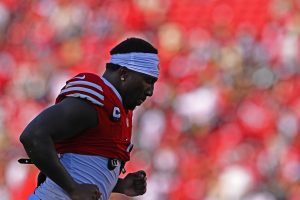



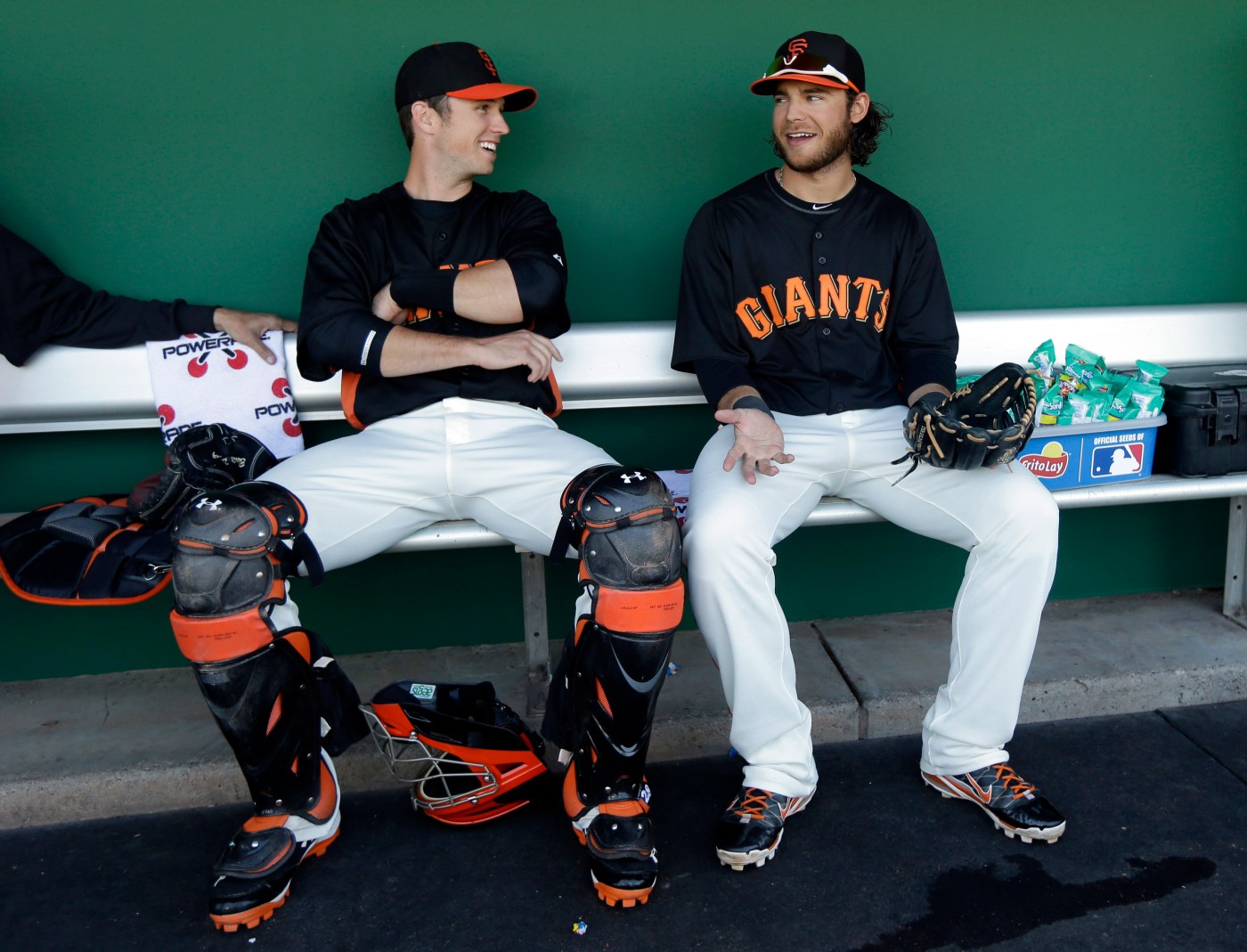
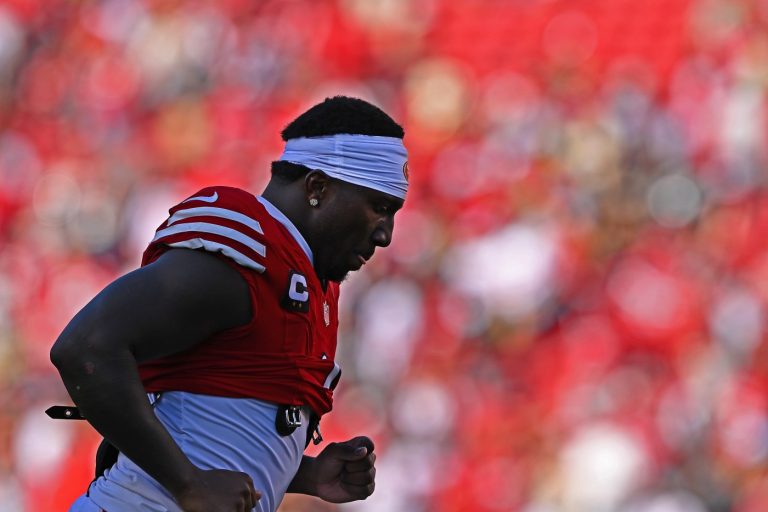
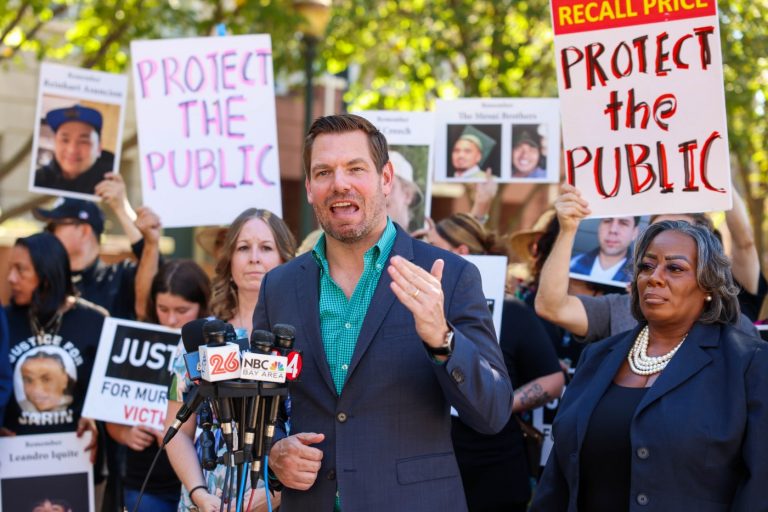
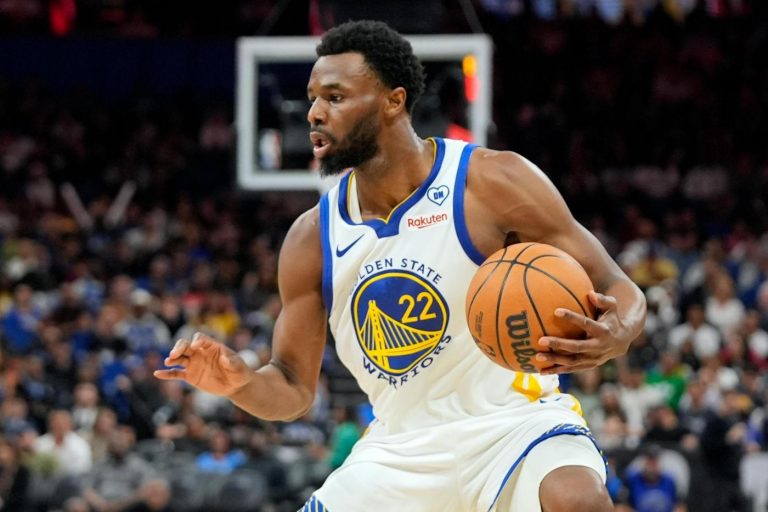
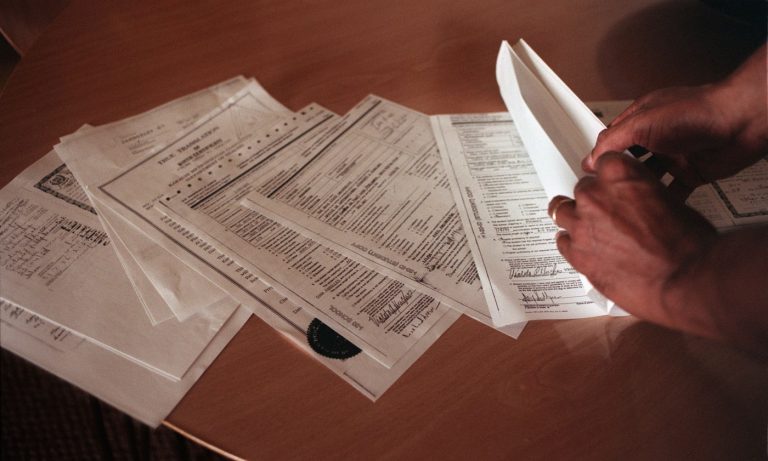
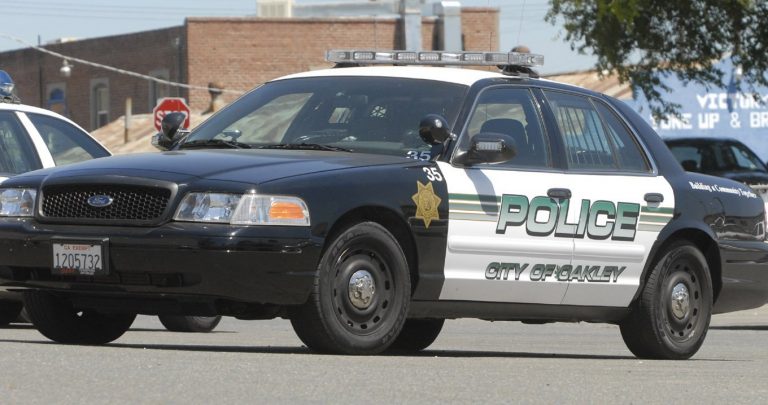


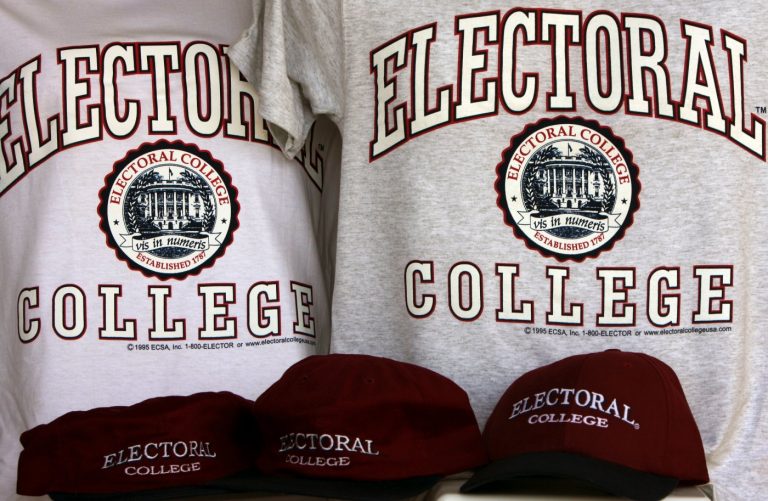
+ There are no comments
Add yours